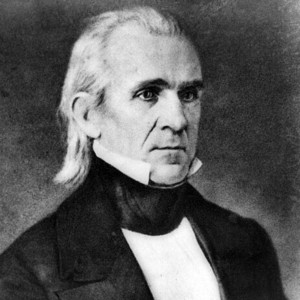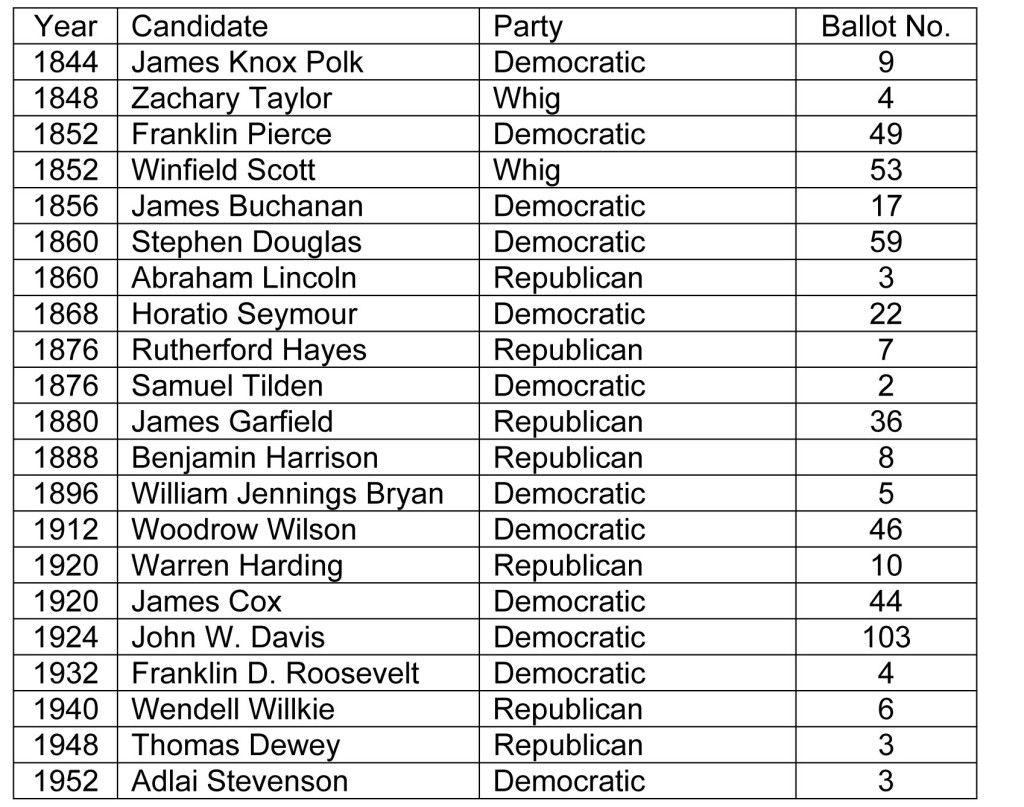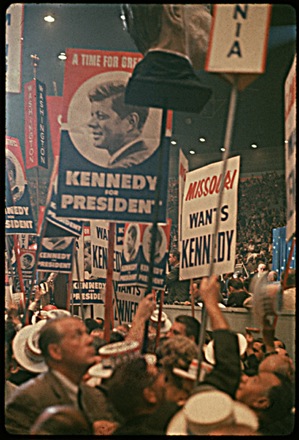This July, the Republican and Democratic parties will convene their national conventions to nominate their candidates for president. With a dozen GOP hopefuls still chasing the nomination, there is an increasing possibility of the Republicans facing a “brokered” or contested convention for the first time since 1948. The Democrats haven’t had a brokered convention in 64 years or 1952.
What is a “Brokered” Convention? When Republican delegates gather in Cleveland, Ohio on July 18, 2016, there will be a roll call of the states and territories in which delegates will vote based on the caucus or primary election results in their state. Some states award delegates proportionally, others award the winner of the state with all of the state’s delegates, while other states have a combination of the two methods. It’s a complicated web of state party rules confusingly married to national Republican party rules. At the end of the roll call, if no candidate has 1,237 votes (a majority of the delegates to the convention), it will officially become a brokered convention, meaning that most of the delegates committed to a certain candidate will become free to vote for any candidate they want on the second and any subsequent ballots. The convention will go through as many ballots or votes as is necessary for one candidate to achieve a majority of the delegates.
What is a “Dark Horse” Candidate? A “dark horse” candidate is an unknown or unexpected candidate who comes out of nowhere in the convention balloting to win the nomination. James K. Polk, our nation’s 11th president was our first dark horse president. When the Democratic party met in Baltimore in May of 1844 to select its nominee for president, the convention was deadlocked and no candidate emerged with the required two-thirds of delegate votes. After the end of the seventh ballot, they were still deadlocked. The Speaker of the House of Representatives, James Polk, was not a candidate and did not receive any votes on the first through seventh ballots. On the eight ballot, Polk received 44 votes. And on the ninth ballot, there was a stampede of support for Polk as a compromise candidate and he was nominated on that ballot.
How often have there been “brokered” conventions? Even though we have not had a brokered convention since 1952, it is surprising how many presidential nominating conventions have resulted in no candidate winning on the first ballot. The first national political party convention to nominate a presidential candidate did not occur until 1832, some 45 years after the Constitutional Convention. The record for nominating a president is 1924 when it took the Democrats 103 ballots to finally settle on a candidate. The following is a breakdown by year of the some of the major party candidates who did not win the nomination on the first ballot.
 Primary power versus party power: Since the early 1900s, the people have slowly begun to be much more influential in selecting presidential nominees through the rise of primaries instead of party bosses making the decisions. But sometimes, the people select candidates that the party establishment is not in favor of. Presidential conventions since 1952 have become increasingly more like coronations than actual decision making gatherings. This is due to the increasing number of primaries and caucuses (all states have one or the other) and the rise of television in which conventions are a tool for parties to get their messages out to the voters.
Primary power versus party power: Since the early 1900s, the people have slowly begun to be much more influential in selecting presidential nominees through the rise of primaries instead of party bosses making the decisions. But sometimes, the people select candidates that the party establishment is not in favor of. Presidential conventions since 1952 have become increasingly more like coronations than actual decision making gatherings. This is due to the increasing number of primaries and caucuses (all states have one or the other) and the rise of television in which conventions are a tool for parties to get their messages out to the voters.


 Facebook
Facebook
 Twitter
Twitter
 LinkedIn
LinkedIn
 YouTube
YouTube
 Pinterest
Pinterest